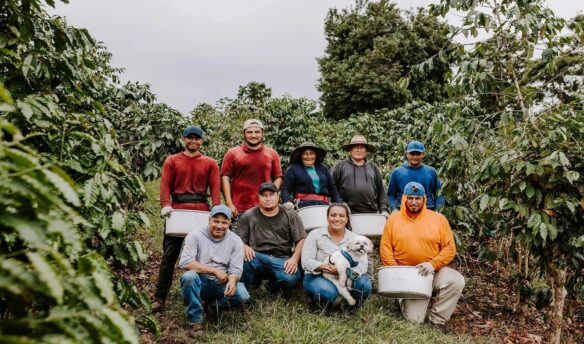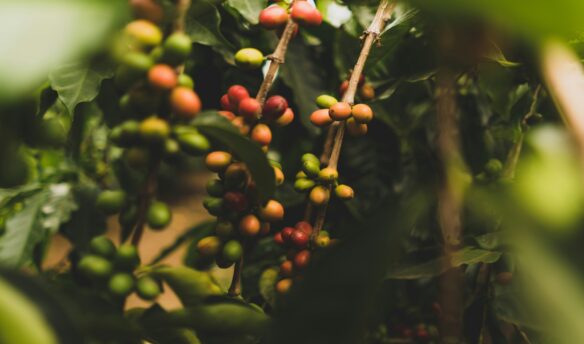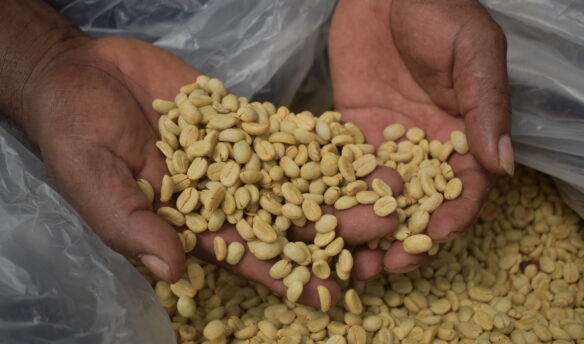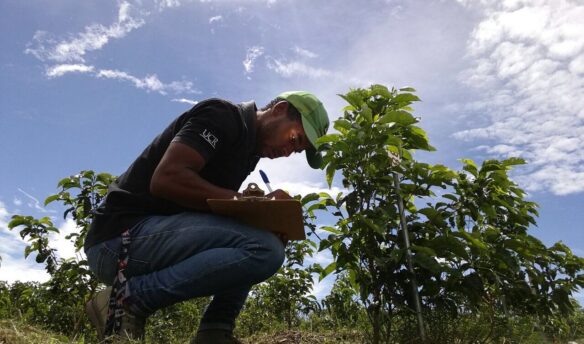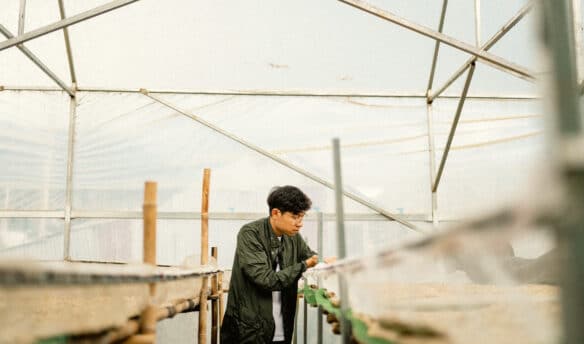The Accidental Coffee Farmer
When respected coffee farmer Andres Magaña Ortiz was deported after living in Hawaii for 30 years, his daughter Victoria had no choice but to take over.
‘Enjoyed by Those Who Grow It’: Wangeci Gitata-Kiriga And Kenya’s Coffee-Drinking Revolution
Kenya produces some of the world's best coffees, but consumption within the country remains low. Wangeci Gitata-Kiriga of Revolutionary Coffee wants to change that.
Let’s Hear it for the (Coffee) Critters
While often seen as the enemy, many insects and animals actively create healthy ecosystems where coffee can thrive.
Meet The People Helping Fuel Venezuela’s Burgeoning Coffee Scene
Venezuela was once a major player in the coffee industry, and now dozens of roasters, growers, and baristas are working together to revive the country's coffee industry.
Around the World, Coffee and Wildlife are Connected
Coffee can sometimes be at odds with protecting wildlife and plant diversity—meet the folks preserving native flora and fauna in combination with coffee growing.
The Undying Popularity of Washed Coffees
There are many ways to process coffee, and new techniques are constantly being tried and tested. Despite this, the popularity and demand for washed coffees remain strong.
Cultivating the Future of Coffee: The Crucial Need to Breed New Varieties
Climate change has drastically impacted coffee yields, but innovations in coffee agriculture could be the industry's saving grace.
A New Chapter for Taza Presidencial, A Bolivian-Born Coffee Quality Competition
Quality-focused competitions have fueled coffee improvements in Bolivia. But when government funding ran out for Taza Presidencial, local coffee professionals made sure the competition stayed alive.
Direct Trade via Direct Message: How Instagram is Facilitating a New Kind of Coffee Connection
One morning in 2022, I walked into work to find an envelope of green coffee samples from a source I wasn’t familiar with. My boss told me they came from a Costa Rican coffee…
A Look at the Future of Fine Robusta Through Vietnamese Specialty Coffee
For years, Robusta has gotten a bad rep, but people are beginning to reconsider its potential. Vietnam may already have the blueprint for the future of Robusta.

